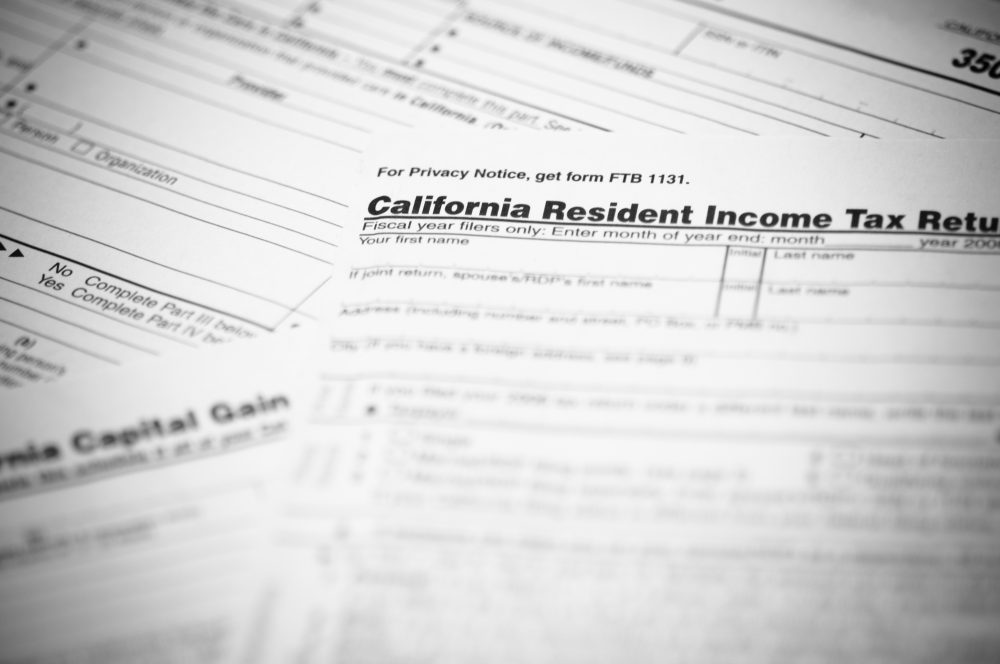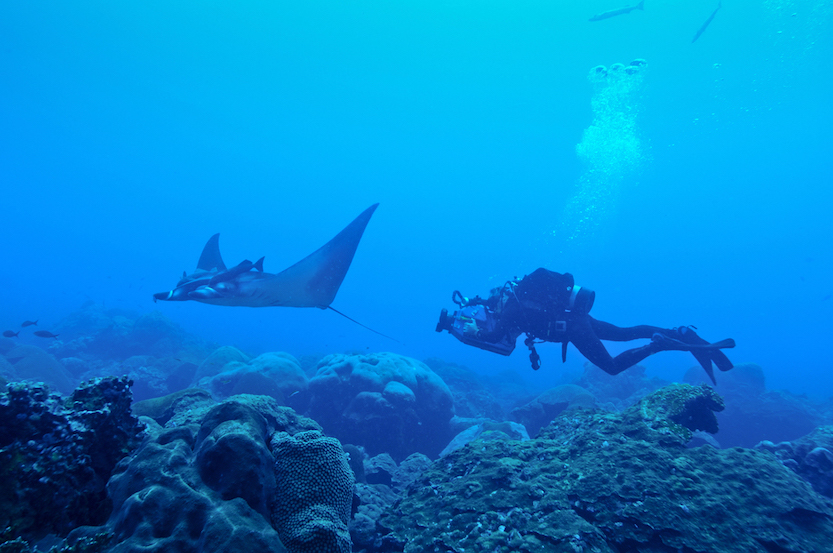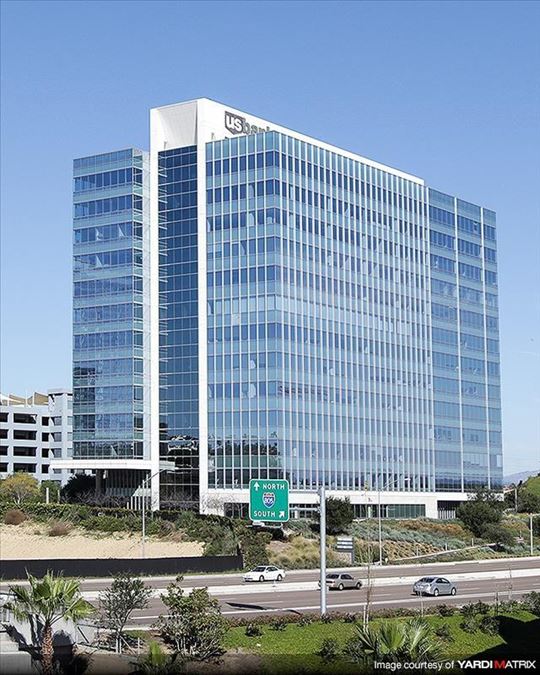Daily Business Report-May 14, 2019
CALmatters photo
How much do you and your
neighbors pay in state taxes?
By Judy Lin | CALmatters
Think you pay too much in state income taxes? Well, if you made $82,643 and paid $5,000 to Sacramento, then for better or worse, you are the average California taxpayer.
The state’s Franchise Tax Board breaks down personal income tax collections and total tax liability by ZIP Code. For the 2018 filing year, CALmatters took one step further: We’ve figured out, for each of those areas, what the typical tax filer made and paid.
There are two dozen neighborhoods in California where the average tax filer reported income of over $500,000. Moreover, six ZIP Codes with at least 20 tax filings had average incomes topping $1 million.
Spoiler alert: Silicon Valley’s wealthy enclaves of Atherton, Los Altos, Palo Alto and San Francisco top the list of highest contributors to California’s coffers. The Southern California beach towns of Newport Beach and Santa Monica also pulled in big numbers for the state.
In ranking the highest and lowest contributing neighborhoods, we filtered out ZIP Codes with fewer than 20 tax returns. That’s because some areas have a lot of commerce and very few returns, distorting the overall picture.
Take for example, the top slot, which went to a block in Burbank that is home to The Walt Disney Studios. Ten tax returns were filed for the 91521 ZIP Code with an aggregate income of $77.3 million, which works out to an average income of $7.7 million per filer. The average tax paid? $947,200 per filer, which isn’t entirely representative.
Similarly, just 10 returns came from the ZIP Code encompassing the Pasadena campus of defense contractor Parsons Corp. with a total income of $16.5 million, which works out to $1.65 million per filer. The state of California collected $1.8 million from those 10 filers, which works out to $178,600 apiece.
Coincidentally, the engineering firm went public on the New York Stock Exchange on Wednesday with an opening IPO price of $27 per share. It might be worth checking back on the 91124 ZIP Code next year to see how the executives did on their capital gains.
But among ZIP Codes that are clearly residential, the 94027 area of Atherton placed first with an average income of $1.7 million. That was followed by 94023 in Los Altos with a $1.64 million average.
On the other end, the 95229 pocket of Vallecito known as Douglas Flat in Calaveras County averaged $91 in taxes paid, the lowest in the state. The sparsely populated town has roots going back to the Gold Rush and is registered as a historic landmark. The other area that came in under $100 is the 93410 area of San Luis Obispo, which is mostly occupied by a private school campus.
Filtering out the more isolated communities, inland and Central Valley communities tended to earn less.
Taxpayers in the unincorporated community of Mecca on the Salton Sea in Riverside County, as well as the community of Huron, which seasonally swells with migrant farmworkers, and parts of Fresno in Fresno County contributed between $112 and $177 on average. There were 98 ZIP Codes where the average tax was less than $500.
Click here to find out how much you and your neighbors paid using a searchable map at CALmatters.
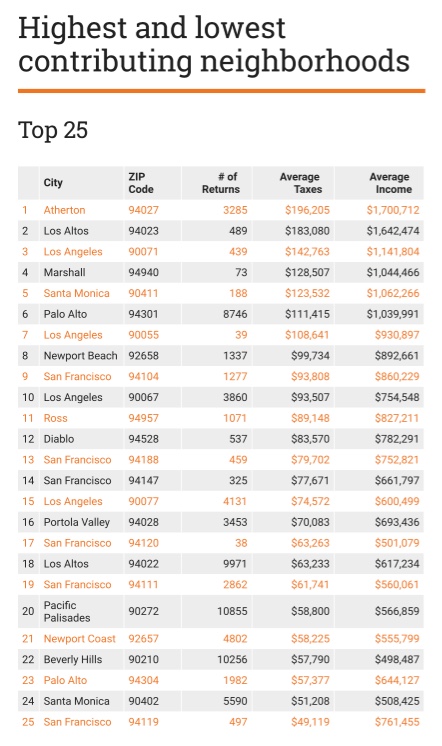
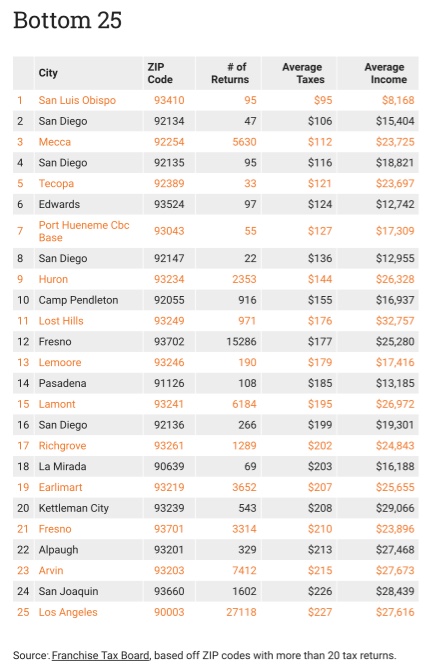
________________

Photo of the Week: A Fine Specimen
Atomic-era octopus among ‘Treasures from the Scripps Collections’
Now part of the Scripps Institution of Oceanography Benthic Invertebrate Collection, this octopus was collected from Bikini Atoll on Oct. 21, 1952, ten days prior to the detonation of the first true hydrogen bomb.
Photographs of this octopus and other “Treasures from the Scripps Collections” taken by alumna Oriana Poindexter are on public exhibit on the ground floor of the Eckart Building through the end of May. Poindexter is a 2015 graduate of the Master of Advanced Studies Program in Marine Biodiversity and Conservation.
The Scripps Collections of marine vertebrates, pelagic vertebrates, benthic invertebrates and geological samples house millions of specimens used for scientific research and education. Some items date from before Scripps’ founding in 1903.
The octopus was collected during the Capricorn Expedition when Scripps scientists aboard the research vessels Horizon and Spencer F. Baird were in the Pacific for a joint effort with the U.S. Navy to observe the effects of thermonuclear testing. This was the first Scripps expedition to carry scientific SCUBA divers.
The Treasures exhibit will be on display at other locations in San Diego and Oceanside in late May and June:
• Mission Hills Wine Cellar, 1624 W. Lewis St., San Diego
Reception: Saturday, June 1, 5-8 p.m.
Viewing Period: Thursday, May 29 – Sunday, June 2, 2019
• The Hill Street Country Club, 530 S. Coast Hwy, Oceanside
Reception: Saturday, June 15, 6-9 p.m.
Viewing Period: Monday, June 10 – Tuesday, June 25, 2019
________________
San Diego Police Foundation
to present True Blue luncheon

The San Diego Police Foundation will present True Blue, a luncheon program featuring San Diego Police Department officers and their real-life stories, on Thursday, June 6, at the Sheraton San Diego Hotel & Marina located at 1380 Harbor Island Drive.
Formerly known as Friends of the Badge, True Blue will introduce and honor the men and women in blue who protect and serve San Diego every day. San Diego Police Chief David Nisleit will deliver the luncheon keynote address.
“From harrowing to heroic, it’s time to buckle up as True Blue takes you into the heat of action in the fight against crime,” says Police Foundation President & CEO Sara Napoli, “ This year’s gathering of True Blue is sure to inspire.”
True Blue is an annual fundraiser produced by the San Diego Police Foundation. Community support of the foundation helps provide the funding for equipment, training and outreach programs in support of a “safer San Diego.”
Tickets for the luncheon are $125, visit www.sdpolicefoundation.org/events/true-blue-luncheon/.
________________
Biocom Institute awarded grant
to support veterans’ careers in life sciences
Biocom Institute, the nonprofit workforce development and science, technology, engineering and math (STEM) arm of Biocom, announced that it has received a $150,000 Workforce Accelerator Fund grant from the California Workforce Development Board to help introduce veterans to careers in the life sciences.
The grant will help to support Biocom Institute’s “Gateway to Life Science Careers for Veterans” project, a mission that will accelerate the recognition of veterans’ existing skills and provide educational opportunities and networking with leaders from the life science industry. This includes creating the Veterans in Life Science Virtual Network (VLSVN), a resource aimed at improving job matching and assessment strategies to accelerate employment, as well as hosting a number of career symposiums and fairs, workshops and mentorship programs.
________________
CBP begins operating four new southbound
lanes into Mexico at San Ysidro port of entry
U.S. Customs and Border Protection officers at the San Ysidro port of entry will begin operating four new southbound lanes headed into Mexico’s El Chaparral facility today. The General Services Administration (GSA) completed construction on four of the 10 southbound vehicle lanes and inspection booths on the I-5 freeway and will turn them over to CBP at 7 a.m.
“We are excited to reach another milestone in the construction of the San Ysidro port of entry and look forward to operating the southbound lanes and booths to efficiently and safely conduct inspections of travelers headed into Mexico in vehicles,” said Pete Flores, director of field operations for San Diego. “We look forward to the completion of the project in its entirety later this year.”

